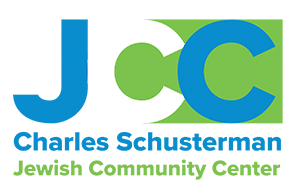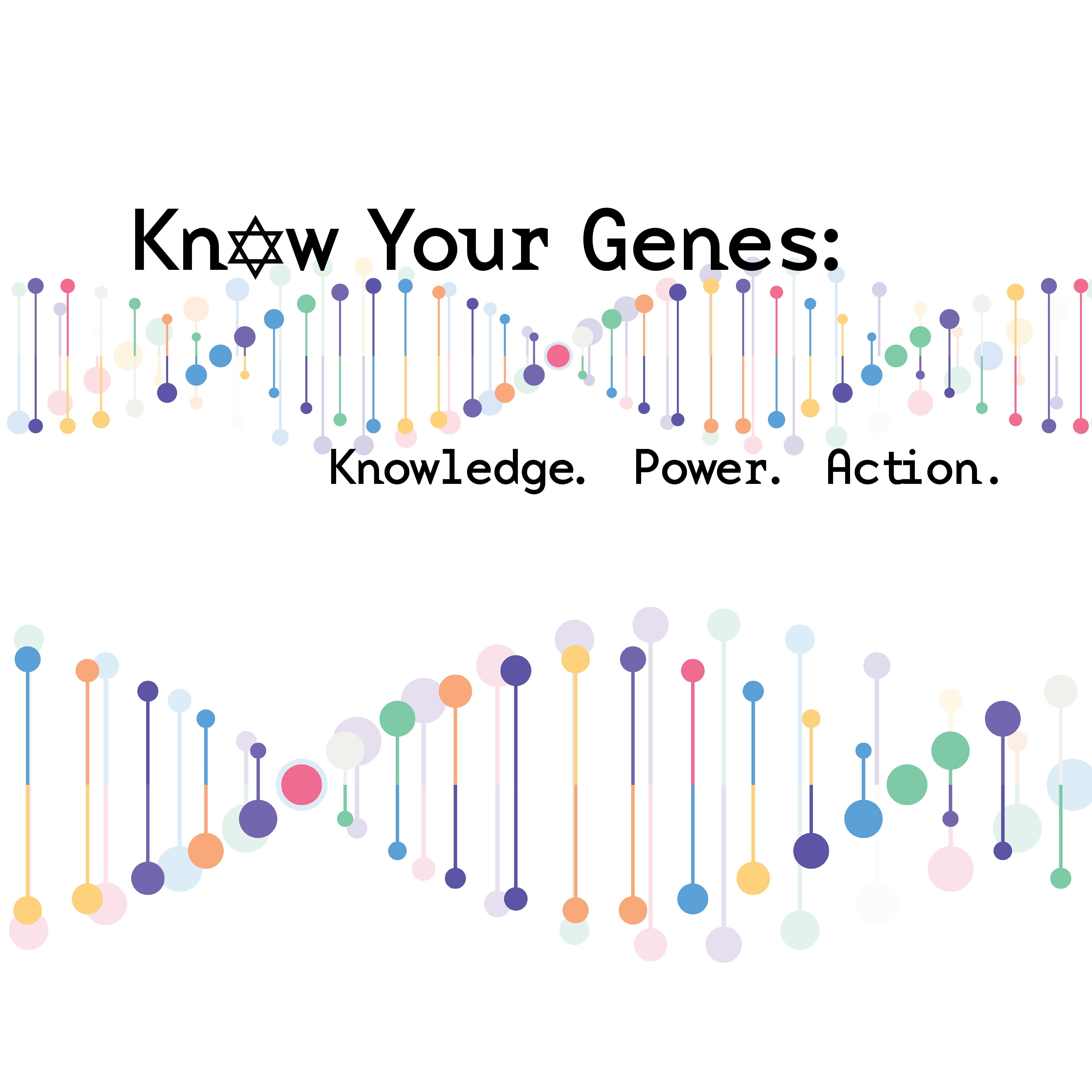Congratulations, You Have Tested Positive for BRCA
by Janis Finer, MD
This was the title of an article I came across shortly after our 34-year-old daughter, Dina Finer Gluck called to share that she had tested positive for the BRCA gene. I wanted to be able to tell her something hopeful, something reassuring about the fact that she had just been diagnosed as a hereditary breast and ovarian cancer carrier and that it wasn’t the ultimate life sentence that she might have thought it was. The article, written by a leading breast surgeon, was designed to empower women who carry BRCA to feel fortunate that they have the ability to act upon the knowledge and in doing so, change the course of their medical destiny. We had no family history of breast or ovarian cancer, and Dina underwent the testing as part of a general physical exam, something generally not suggested by primary care physicians. What many health care providers do not realize is how common hereditary cancer syndromes are, and especially in the Ashkenazi Jewish population where the incidence of BRCA alone is 1 in 40 of all men and women, compared to 1 in 400 in the general population.
BRCA 1 and BRCA 2 are inheritable mutations in a person’s genetic makeup that greatly increase a person’s lifetime risk of developing several types of cancer. Women testing positive for BRCA 1 have an 80% lifetime risk of breast cancer and a 40% risk of ovarian cancer. Women with BRCA 2 have a 60% risk of breast cancer and a 25% risk of ovarian cancer. Men also have a higher risk of breast, pancreatic and prostate cancer as well as Melanoma.
When faced with the news that she is BRCA positive, a woman must decide a path forward—either active surveillance with annual screening mammogram and breast MRI vs undergoing risk-reducing surgery with bilateral mastectomy. In Dina’s case, she chose to undergo surgery rather than live with the fear that she would likely face a cancer diagnosis within her 30’s or 40s, given the markedly elevated susceptibility to both breast and ovarian cancer. Breast cancer in BRCA patients can occur as early as women in their 20’s, along with the risk of fallopian tube/ovarian cancer .
Like Father Like Daughter
BRCA mutations are autosomal dominant such that anyone who inherits the mutation has a parent who carries the gene. The individual whose parent carries the mutation has a 50 – 50 chance of having it themselves. If both parents were BRCA positive, it is 100% that all the children will be BRCA carriers.
Many people do not realize that BRCA mutations can be inherited equally from your father or mother. While men may not have knowledge or have a cancer history, their children have that 50 – 50 chance of inheriting the gene and, in the case of their female children, they are more likely to develop cancer at an early age. In the case of Dina, her father, David was the carrier and as “ luck” would have it, it was also passed along to all three of Dina’s siblings.
Knowledge is Power
It is estimated that one out of every 20 breast cancers are BRCA related. Even more important is that for every person who carries the mutation, there are at least several untested and undiagnosed family members who remain at risk. By undergoing screening and finding a healthy individual who carries the mutation, it is a priceless opportunity to profoundly impact the health and life of that person, and in Dina’s case, the health and lives of her two sisters and brother.
Cancer genetic screening now encompasses testing for many cancer syndromes including colon cancer, leukemia, lymphoma, pancreatic , brain and kidney cancer among others. There are now over 70 inherited cancer mutations that we can identify accounting for 40 different cancer related diseases.
Our family’s understanding of the positive test results and guidance in deciding what we needed to do was greatly aided by two amazing organizations. J Screen, a national nonprofit organization which is part of Emory University, offers both low cost reproductive and cancer genetic screening. Through support from the community we hope to offer testing so that individuals will be able to know their genetic makeup and understand their health risks should the testing prove that a familial cancer syndrome is present. Sharsheret, which is the Hebrew word for “ chain” , is another national nonprofit organization that, alongside J Screen, offers personalized counseling and support for women and men diagnosed with genetic diseases, thereby saving lives through educational outreach.







